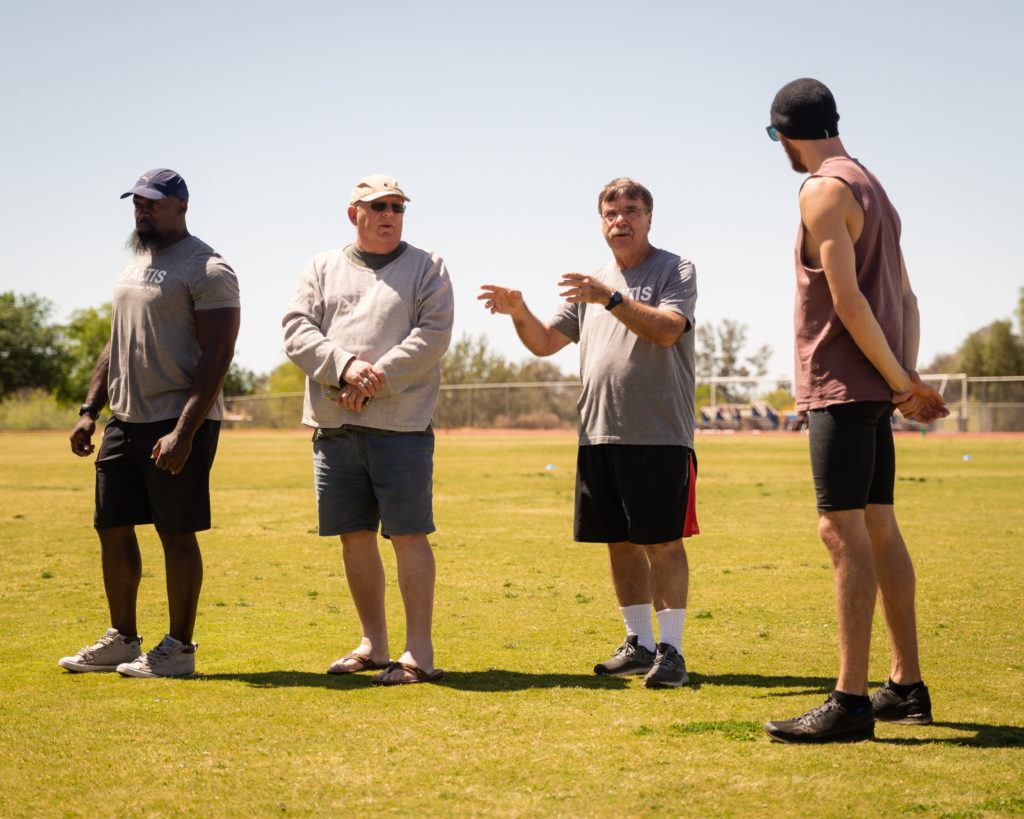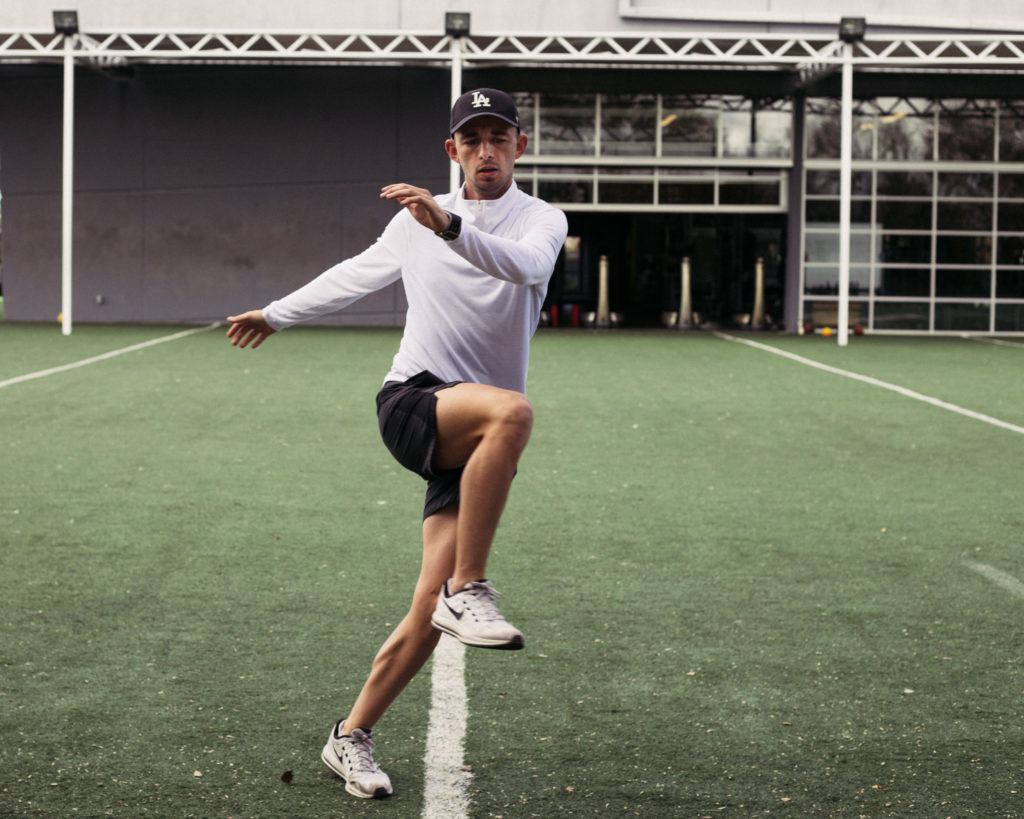This insightful excerpt is from Coach Dan Pfaff’s weekly newsletter, “Between the Lines.”
Topic for the week
In this article, we explore what – in my view – form the hallmarks of sound methodology and effective coaching strategy in a coaching program. This article is intended to offer input for coaches seeking guidance in creating and evaluating programs that not only achieve immediate success, but also respect long-term development and sustainability in athletes.
A closer look
The difference between success and failure often lies in the underlying methodologies adopted. Over the past four decades, I’ve witnessed firsthand how adherence to certain fundamental principles can make or break a program. In my experience, programs that stray too far from these central tenets generally end in failure – whether that be through underperformance, a breakdown in coach-athlete relationship, or injury.
Consistency in Results
True effectiveness in coaching is marked by consistent results, not just one-time wonders. This consistency is a hallmark of well-founded methodologies.
Holistic Assimilation of Training Elements
Effective programs integrate various training elements harmoniously, ensuring that each component contributes positively to the overall goal without overshadowing others.
Prioritization of Athlete Health
A crucial aspect of any successful program is its focus on keeping athletes healthy. The best programs are those that ensure athletes are fit to compete, avoiding overtraining or intense regimens that lead to injuries.

Simplicity in Methodology
Great coaching methods are not only effective but also simple enough to be understood and explained clearly. Complexity should evolve from a stable, simple foundation, following the concept of Gall’s Law.*
*(Gall’s Law states that complex systems that work effectively invariably evolve from simpler systems. In the context of sports coaching, this means that the most successful training programs start with basic, well-understood principles. These programs then evolve, adding layers of complexity only once the foundational elements are established and functioning well.)
Repeatability and Adaptability
Effective coaching methods are repeatable and adaptable, able to consistently produce results with different athletes and as they develop.
A Focus on Long-term Athlete Development
The best methodologies not only enhance immediate performance but also focus on the long-term development of athletes, ensuring sustainable progress and coachability.

Your Takeaway
Whether you’re working in a program, or looking to move to one, these are the checkpoints I would use as a barometer to determine whether or not the program is likely to succeed.
Program methodologies deviating significantly from these markers can lead to undesirable outcomes, such as underperformance, strained coach-athlete relationships, or injuries. Whether you’re evaluating your current program or considering a new one, these key elements should serve as your guide to assessing its potential for success. They are not just indicators of a program’s strength but also its potential for sustainability and effectiveness in fostering long-term athlete growth.

In his email newsletters, Coach Pfaff delves into the essential aspects of successful sports coaching every Tuesday, drawing from his vast experience. For more enriching content like this, directly addressing the nuances of effective coaching strategies and athlete development, you can subscribe to “Between the Lines.“
Signing up is free, and it ensures that valuable insights land in your inbox every week.

